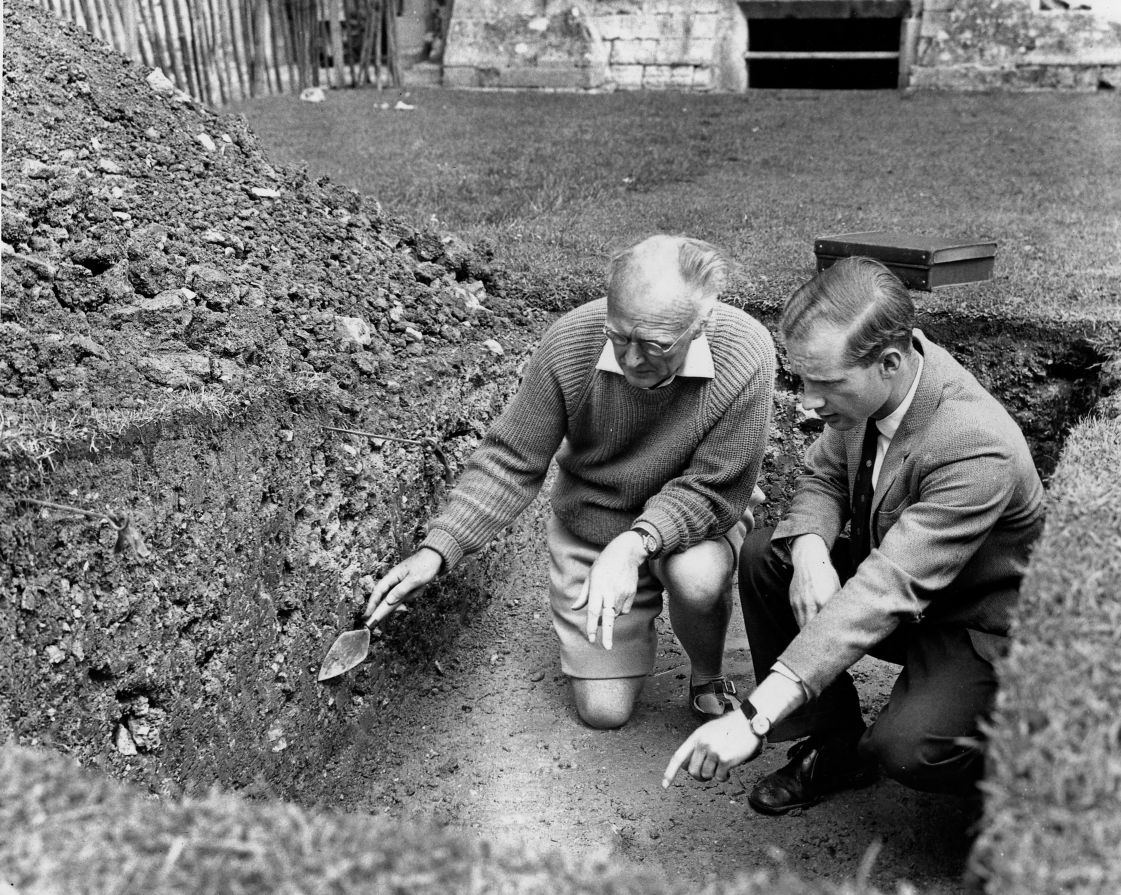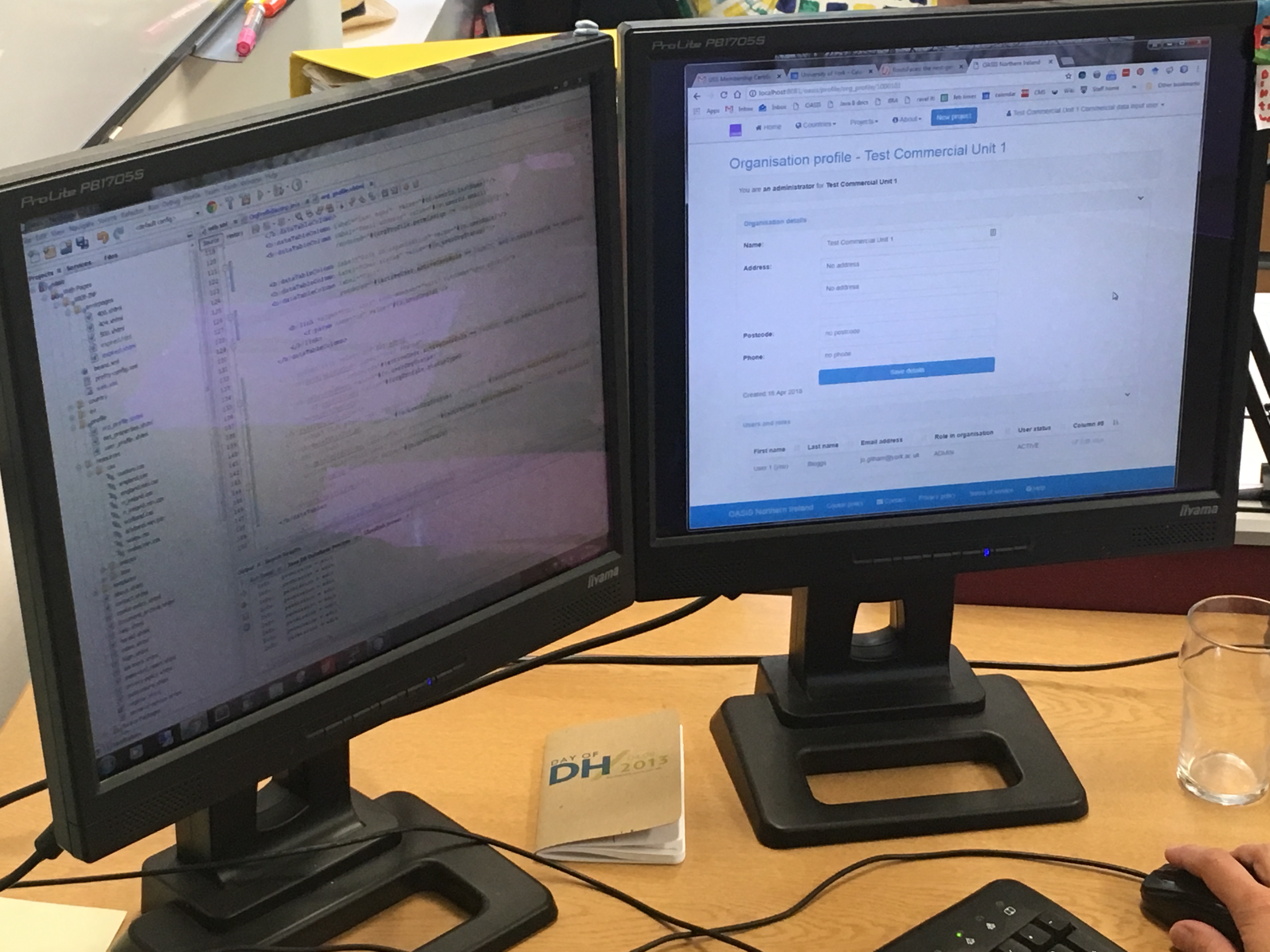
In the three months since the last technical report on HERALD Stage 2 (i.e. the build of the new OASIS system), the development team here at the ADS have been working hard. The new database has been built; in a departure from our usual database here at the ADS we’ve decided to use PostgreSQL as our database management system. A whole other blog could (and probably will) be written on why we’ve made this decision, but suffice to say it offers -for our needs – a greater flexibility in terms of datatypes, scale and indexing. Furthermore, via the PostGIS extension it also allows us to store geospatial datatypes, and makes it easy to do many of the location based activities we’ll need to record places simply and efficiently (and a whole lot more besides, but I will save that for another blog).
We’ve also – via consultation with ALGAO members – established a criteria and plan for moving records from the old OASIS database to the new system to ensure that no useful information gets left behind. Part of this work package has also been to map ‘bespoke’ terms used in the old/current model to appropriate UK heritage vocabularies, and in this we’ve received valuable assistance from the FISH Terminology Working Group. This last piece of work has highlighted the need for small revisions to existing lists, and indeed for new lists altogether (e.g. archive component). Over the next couple of months we’ll be finalising these edits and tweaks with FISH, HE and HES, and get ready for a pilot migration of data in the Autumn. As soon as this in finished I’ll report back here, as the level of semantic interoperability built into the new system (including LOD concepts from the BGS and OS) is quite exciting, if you enjoy that sort of thing.
Aside from this, Jo has been hard at work building the main application framework (or more simply ‘the new OASIS form’). Having written the Functional Specification and built the old system (back in the early 2000’s), Jo is probably better placed than most to implement the new build! At the moment she’s been working on arguably the hardest part in the logon and registration module…

The new system is – hopefully – a significant technical and conceptual upgrade on what we have in the older system. For starters, users will be able to log on as themselves rather than via an organisational account. Users will be able to be associated with more than one organisation to reflect different roles people may have in their work/research capacity, and be able to create a new organisation if theirs is not in the system. Extra steps are built in to ensure as little duplication as possible, including use of other ADS user groups to equate a user/organisation in that system with the same entities in OASIS.
At a slightly higher level, an organisational admin will be able to oversee their group’s members (add and remove), and have the ability to add details about their organisation. The latter will have capacity for Level 2 + 3 users (such as HERs and Museums/Archives) to add reference details on how their organisation is using the system, with space for specific guidance notes for where necessary.
Overall, we’re aiming for a simple yet flexible , quick, and well-explained (i.e. on screen guidance) workflow that reflects the feedback we’ve received on how the majority of users want to use the system. We’ll be showing this and other developments as part of timetabled project milestones to the project funders in the next month, and I’ll be reporting back on other significant developments as often as I can.
Please remember that that the timetable for HERALD Stage 2 is available on this wiki. If you’re interested in becoming a tester for the alpha build then please do get in touch with me via the project email: [email protected]
Tim